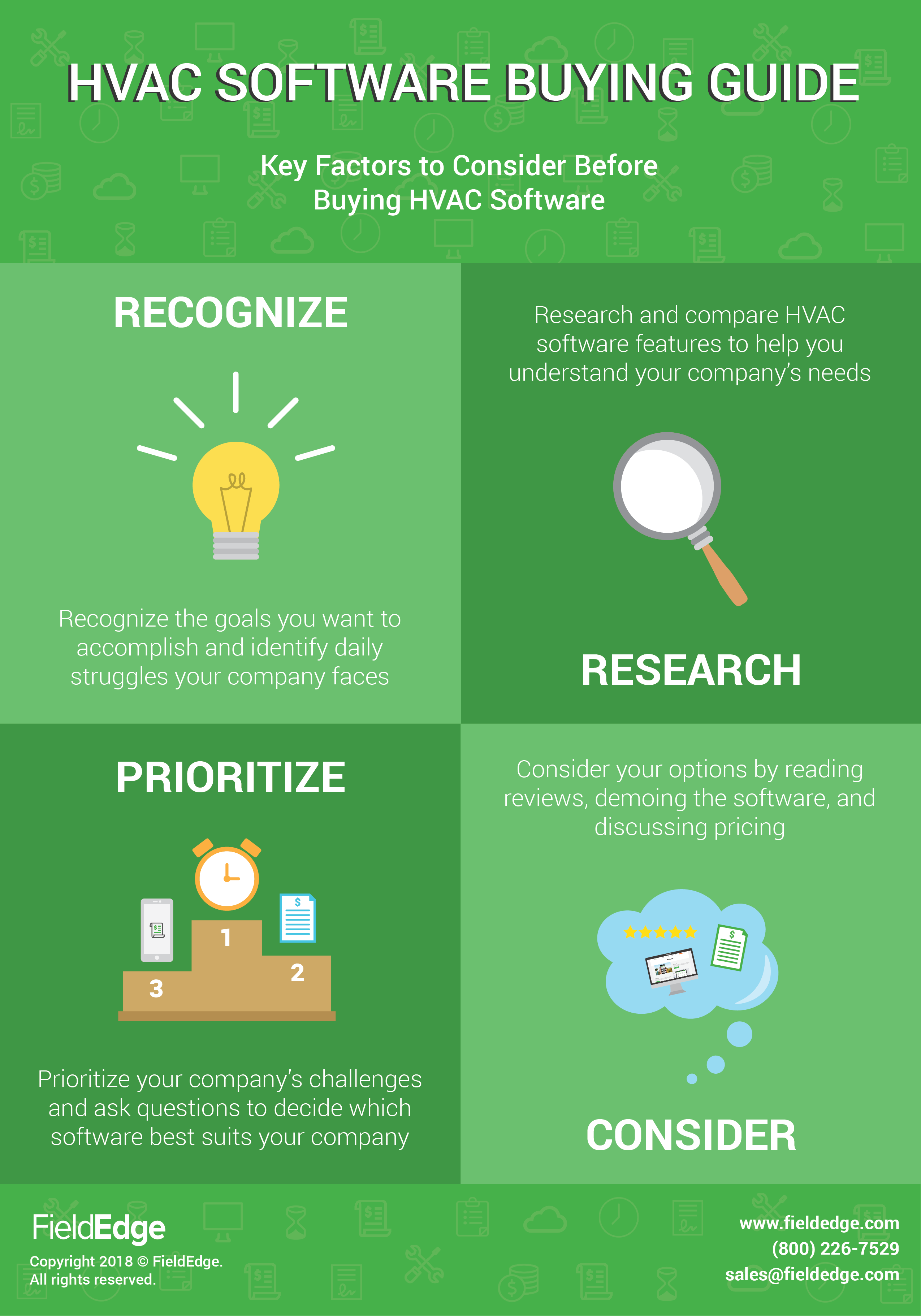Discover Exactly How To Make Certain The Performance And Long Life Of Your Heat Pump System By Avoiding Usual Installment Mistakes
Discover Exactly How To Make Certain The Performance And Long Life Of Your Heat Pump System By Avoiding Usual Installment Mistakes
Blog Article
Material By-Vind Ploug
When mounting a heatpump, you have to avoid common blunders that might endanger its efficiency. https://www.businesswire.com/news/home/20190515005252/en/CenterOak-Partners-Forms-Leading-Residential-HVAC-Maintenance-Repair-Company-Serving-the-Southern-and-Northern-California-Markets might lead to inefficiencies and higher energy costs. Ignoring insulation and securing can result in energy wastage and pressure on the unit. Furthermore, placing the outside unit incorrectly might influence its efficiency. By preventing these errors, you can guarantee optimum working and toughness of your heat pump system.
Improper Sizing of Heat Pump
When it comes to the installment of heatpump, one of one of the most typical errors is poorly sizing the device for your room. Ensuring the best dimension is crucial for optimal efficiency. If the heatpump is also little, it will struggle to warmth or cool your room effectively, bring about raised energy expenses and potential damage on the system.
On the other hand, if the heat pump is as well huge, it will cycle on and off regularly, creating temperature fluctuations and lowering its life expectancy.
To avoid this mistake, it's necessary to have an expert assess your room and recommend the appropriate size of the heatpump based on aspects like square video, insulation, ceiling height, and neighborhood climate. By spending the time and effort to make certain the appropriate sizing, you can delight in a comfortable environment while optimizing energy efficiency and lengthening the life expectancy of your heatpump.
Inadequate Insulation and Sealing
To ensure the efficient procedure of your heat pump, it's critical to address inadequate insulation and sealing in your area. Appropriate insulation aids maintain a consistent temperature indoors, lowering the workload on your heatpump. heatpump christchurch can cause power loss, making your heatpump work harder and less efficiently.
Sealing any type of voids or leakages in your area is similarly crucial. These gaps permit conditioned air to get away and outdoor air to permeate in, requiring your heat pump to compensate for the temperature level fluctuations.
Wrong Positioning of Outdoor System
Resolving the positioning of your heatpump's outside system is key to maximizing its performance. Installing the outside device in a wrong place can result in effectiveness issues and prospective damage to the unit.
One typical mistake to avoid is positioning the exterior unit also near to a wall or various other structures. This can restrict airflow, creating the device to work more difficult to warm or cool your room, eventually reducing its efficiency and life expectancy.
mitsubishi heat pump installation cost to steer clear of is placing the outside device in straight sunlight. While https://eduardoarhxm.fare-blog.com/31308827/learn-the-essential-strategies-for-safeguarding-your-heatpump-from-weather-related-damages is inescapable, extreme exposure can bring about getting too hot, particularly throughout hot summertime days. It's best to position the outside unit in a shaded location to assist preserve its ideal operating temperature level.
Additionally, ensure that the outdoor unit is positioned on a secure and degree surface area. Unequal ground can create resonances and unnecessary strain on the system, affecting its performance over time.
Conclusion
To conclude, staying clear of common mistakes during heat pump setup is crucial for making the most of performance and durability of your system. By guaranteeing correct sizing, appropriate insulation, sealing, and correct positioning of the exterior system, you can protect against problems such as ineffectiveness, increased energy costs, and stress on the system. Taking the time to address these crucial aspects will ultimately save you money and time in the future.
